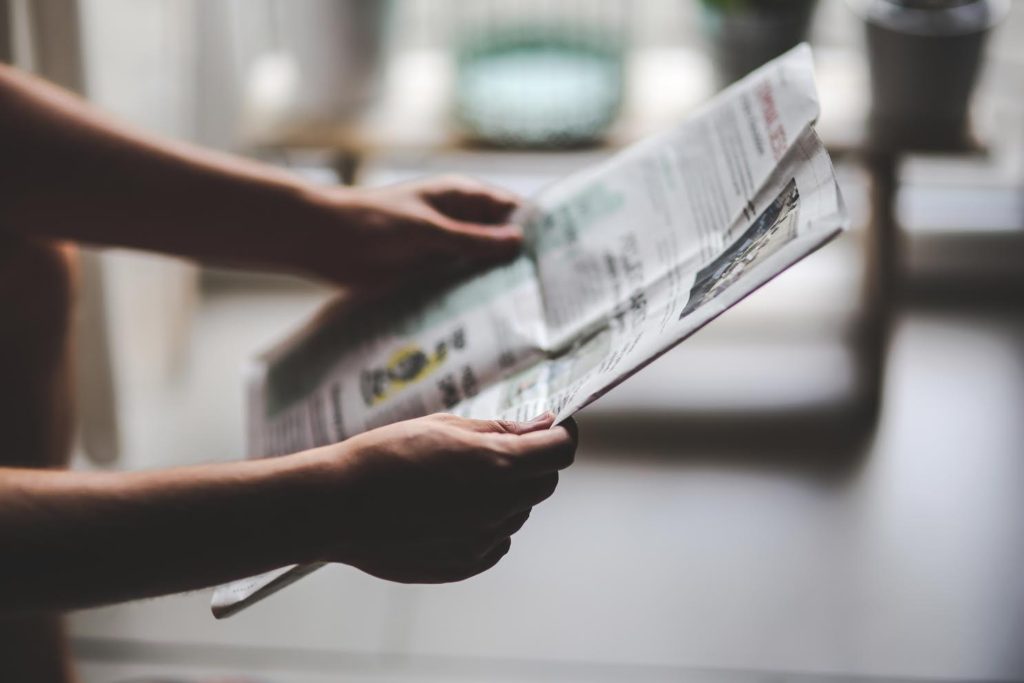
President Donald Trump’s political career has been under a great deal of media scrutiny, beginning from when he announced his intention to run for the presidency. Faced with the overwhelming negative coverage of his lewd and misogynistic conversations about women, ridicule of a disabled reporter, the dismal attendance at his inauguration, as well as the backlash elicited by his two recent executive orders, it is no wonder that Trump feels as though the press is against him. He has stated recently that he is at war with the press, and there has been increasing hostility between White House press operations and news media.
However, tension between American presidents and the press is nothing new. Such has been evident in John Adams’ Sedition Acts of 1798, Theodore Roosevelt’s contempt for “muckrakers” in 1906, John F. Kennedy’s dishonesty during the Cuban Missile Crisis and the Obama administration’s reversal on a bill that would shield reporters from imprisonment. There has been a bitter history between the government and journalists that has simply carried over into the Trump administration.
Evidently, people in power want to maintain a generally positive public perception, especially considering their position could be stripped away by poor public opinion. Therefore, it would benefit them greatly to control the press or block them out. Trump has chosen the latter, and has opted to have his press secretary release “alternative facts.” While lies about the turnout at his inauguration might seem innocuous (especially now that they have been exposed), it is outrageous that the administration running the country would lie about it. Such a lie, obviously, was intended to bolster public opinion by making him seem more favored than he actually is. It is all the more galling when Trump’s press secretary calls out the media for not sticking to the White House’s version of the so-called truth.
With Trump’s obvious hostility toward the press, it is imperative for journalists to be unrelenting and critical when reporting the news, even with the threat of punishment. People with great power must always have that power checked, and informing the general public is the first step to holding them accountable. Journalists and reporters, after all, are protected by the First Amendment, which asserts freedom of the press. Any attempt to stifle or control the media would be unconstitutional, and the president would be sorely mistaken to challenge that.
People with great power must always have that power checked, and informing the general public is the first step to holding them accountable.
However, it is also important that journalists are truthful and unbiased when reporting the news. Especially now with the internet, where information is easily available through social media newsfeeds and search engine results, there is a higher chance that readers could be given completely false or skewed information. Also, it seems that with the large volume of information available online, certain news outlets have been more inclined to use misleading and sensationalist headlines to lure readers. However, such manipulation is dangerous as it could foster an already growing public distrust of the media and drive readers away altogether. Alternatively, biased information could cause readers to become more partisan,consequently deepening social, economic and racial divides. Rather than boosting readership with misleading, sensationalist titles, journalists should aim to be as transparent as possible. If the topic is of importance, people will read. There is no need to embellish stories.
So in such situations, it is also crucial for the public to be more active and selective when choosing where to get their news. Though it might be easier to click the first article on your newsfeed instead of actively seeking out a more credible and unbiased source, there is a likelihood that a “trending” article has been selected to promote a particular agenda. Instead of sticking to mainstream news media or readily available news sources that might have reputations or financial assets to protect, it might be better to look toward smaller, local news sources who do not have much to lose and are instead trying to build credibility.
Trump’s declaration of war against the press is a threat to the our freedom. By being secretive or censoring journalists, he would be severely limiting the the kind of decisions and judgments we could make. In order to preserve our country’s integrity and to maintain as much harmony as possible, it is paramount that we remain engaged and informed citizens.








